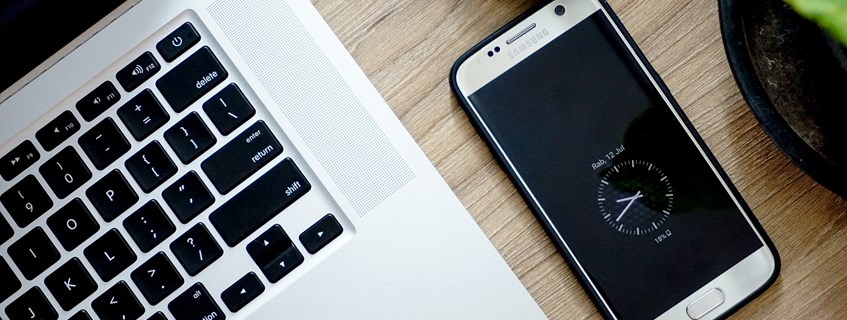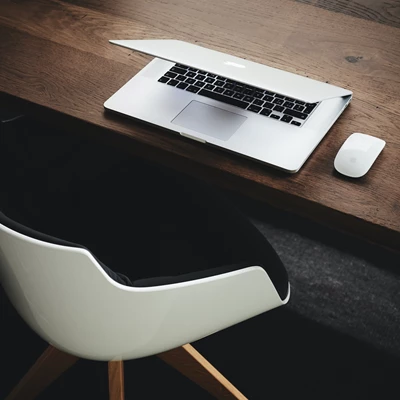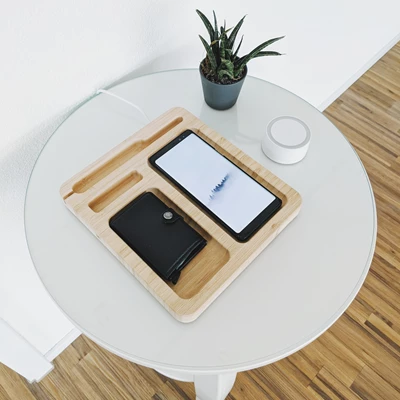
House deed by video call from April 4, 2022
 Since April 4, it is possible to treat by videoconference the purchase and sale of real estate. Video conferencing sessions are done through a new digital platform, which allows you to send documents.
Since April 4, it is possible to treat by videoconference the purchase and sale of real estate. Video conferencing sessions are done through a new digital platform, which allows you to send documents.
Acts that were only possible to perform in a notary, can be done by videoconference, from April. However, this is a temporary scheme and will be in place for two years.
In addition to increasing flexibility in authentic acts, it assists in physical dislocation.
Learn more, according to an article from Caixa Geral de Depósitos.
New legislation
According to Decree-Law No. 126/2021, the rules applicable to the realization, through videoconference, of authentic acts, terms of authentication of private documents and recognitions, published on December 30, 2021, entered into force on April 4, 2022.
This legal regulation is temporary in nature, which is only in force for two years. At the end of this period it will be "subject to evaluation by the Government".
Until now, acts such as the deed process of a house could only be performed before a record conservator, a record officer, a notary, a consular agent Portuguese, lawyers or solicitors.
With the new legislation, the physical presence of all actors is no longer required. According to the Government, this is also a way to continue to address the growing demand for online public services that has intensified with the pandemic.
To this end, a computer platform of its own has been started in order to certify the entire security of the process. The management of the platform is the responsibility of the Institute of Records and Notary, I. P., in conjunction with the Institute of Financial Management and Justice Equipment, I. P.
Access to the computer platform
The authentic acts, terms of authentication of private documents and recognitions included by this new regime will be able to be carried out through a computer platform created for this purpose and made available in justica.gov.pt.
To enter the reserved area, users will need to authenticate via the citizen card or digital mobile key.
In addition to accessing videoconference sessions, through the platform they can send and consult documents, give consent to the audiovisual recording of the acts or consult the history of the acts in which they were intervening.
The realization of these acts by videoconference always depends on prior scheduling.
After the day and time are marked, a message is sent to the respective stakeholders to the email address indicated by them, with the confirmation of the appointment and the link to the video conference session, as well as value and data for payment of the fees due.
The participants can be accompanied by a lawyer or solicitor (in person or at a distance). That reference must be contained in the documents drawn up.
Gallery
- Palsul-Group wishes all customers and suppliers a happy Easter.
- Retraite Dorée au Portugal - Real Estate Mediation, informs you about the Months for paying IMI and what fees apply to owners.
- Retraite Dorée Au Portugal informs customers of the established IPTU values for 2025!
- Another Sardine Festival in the riverside area Palsul Group informs residents and foreigners who are in the Algarve not to be missed!
- QUINTA AO LUAR - PALSUL GROUP INFORMS RESIDENTS AND TOURISTS
- Visa for Portugal: How to live in the country in 2024




